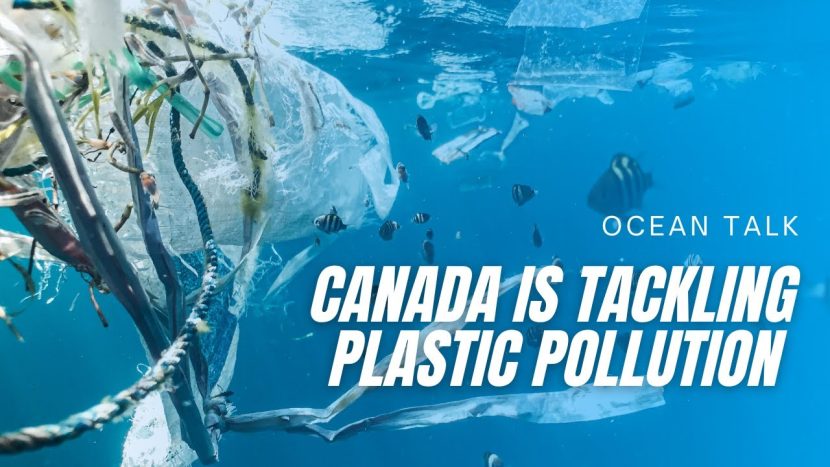The event ended with the other panellists talking about pollutants and moved on to questions from the audience. The host was Kate Lloyd, a leadership development specialist and executive coach who used to work in advertising. Dr Grant then spoke about E. coli in the river from a rower’s and doctor’s perspective. She said: “One […]


The event ended with the other panellists talking about pollutants and moved on to questions from the audience.
The host was Kate Lloyd, a leadership development specialist and executive coach who used to work in advertising.
Dr Grant then spoke about E. coli in the river from a rower’s and doctor’s perspective. She said: “One of the things that has been in the news and been in my cycle from a rowing perspective is E. coli.
Ms Reineke said: “People presume that the whole river is full of poo when actually it isn’t. We want people to carry on doing what they are doing because there are places that are okay. It is about being informed about where you can go.”
Dr Singer said: “Road run-off is a huge untackled issue, there is no infrastructure to accommodate the run-off that we are getting from the houses and the streets and all the buildings and so all of that now goes into our infrastructure.”
The Big Green Conversation was the first organised by environmental group Greener Henley and was held at the Kenton Theatre on Wednesday last week.
The statement added: “We know more investment is needed across our region — that is why we asked Ofwat for increased investments in the next regulatory cycle 2025 and 2030. There are many challenges we can’t solve alone, the farming industry, road run-off and increasingly extreme weather also play a role in river health which is a matter of importance for everyone. We can only achieve our river health goals by working in partnership at a river catchment scale and rethinking the way we manage rivers.”
The conversation then moved as panellists discussed other factors that affect the health of the river.
Ms Reineke responded by saying that the firm needed to be given to the public. She said: “It needs to be put into public ownership, at least special administration. It would immediately send us billions of pounds.”
“I am sure a lot of you saw the press releases preceding the boat race last year about the dangerous levels of E. coli and, as a doctor, it is something I see in hospitals every single day. It is a sign of contamination, a sign of faeces. In a hospital setting, it is something that we get worried about.” The conversation then moved to Thames Water with Ms Lloyd reading a statement sent in from the company. It said: “Maintaining and improving the health of the rivers matters to everybody in our organisation and reducing pollution is a key part of the turnaround plan for our company.
A PANEL of experts and campaigners criticised the lack of action to tackle pollution of the River Thames in Henley.
It said that its current investment programme includes an upgrade at Henley sewage treatment works, which will increase capacity and is due for completion next year.
A live sewage map was shown on a screen behind the panellists to show the audience how to check the state of the river near them.
Ms Reineke, who lives in Binfield Heath, swims at Shiplake Lock every day during the summer and said she has seen the river conditions deteriorate. She said: “I can no longer really see the bottom or see what I call the river lettuce and the buttercups that shoot up to the surface, which is really sad.”
“We rely on our rivers and the groundwater sources that provide much of their flow for the safe, clean and wholesome drinking water we provide to our customers. We also bear a huge responsibility in treating the wastewater to a standard that is safely discharged back to those same rivers.”
The topic of conversation was Our River in Decline and the panel comprised Dr Imogen Grant, an Olympic rowing champion, Laura Reineke, a Henley Mermaid and chief executive of Friends of the Thames, Richard Caines, river pollution campaigner and WWF international director and Dr Andrew Singer, principal scientist at the UK Centre for Ecology and Hydrology.














